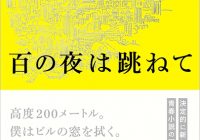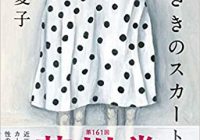Japanese word 引きずる (hikizuru)
In this post I’d like to highlight the Japanese word “hikizuru”, which is usually written with a combination of kanji and hiragana as 引きずる, or in only hiragana as ひきずる. I chose this word because I hear it once in awhile used for a metaphoric meaning that may not be obvious immediately. (Note: ひきづる is… Read More »







